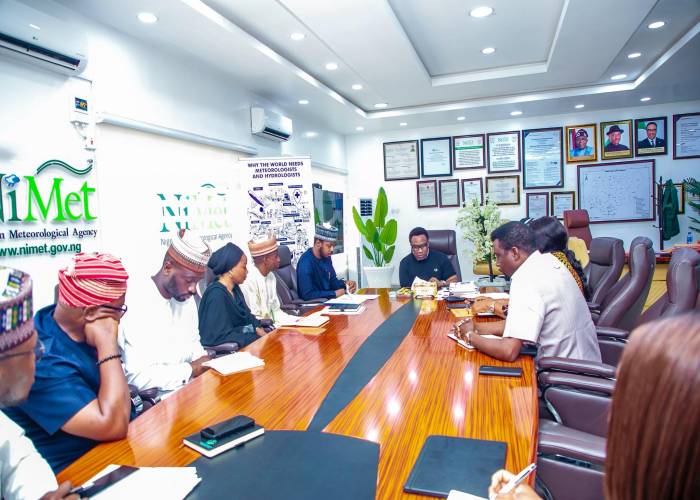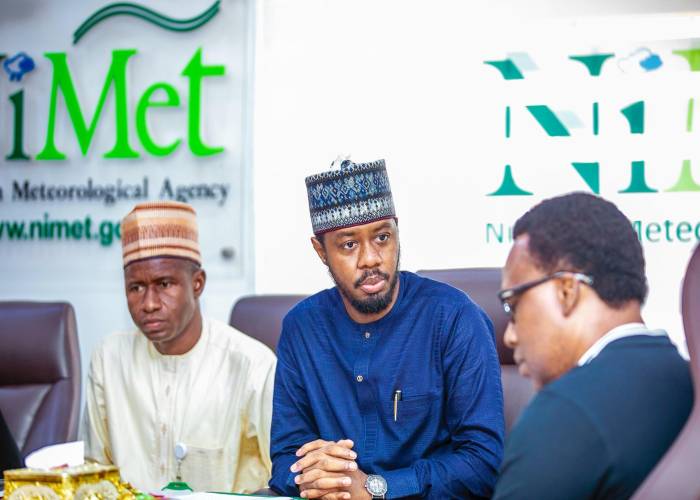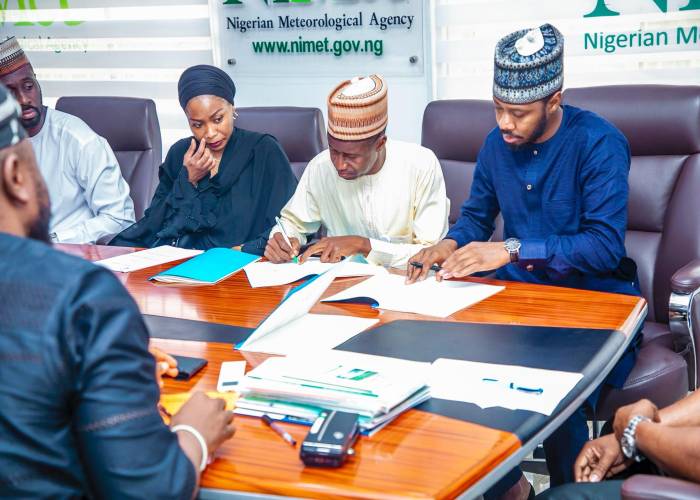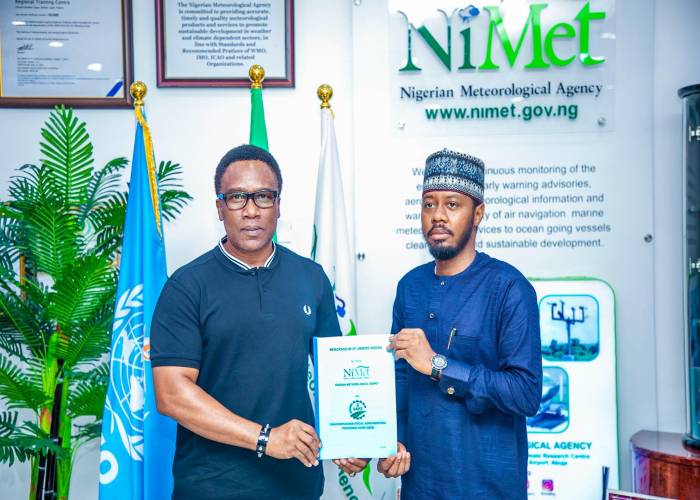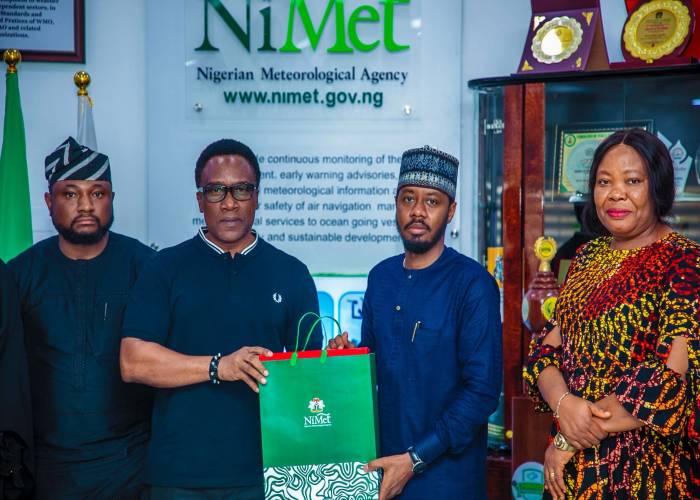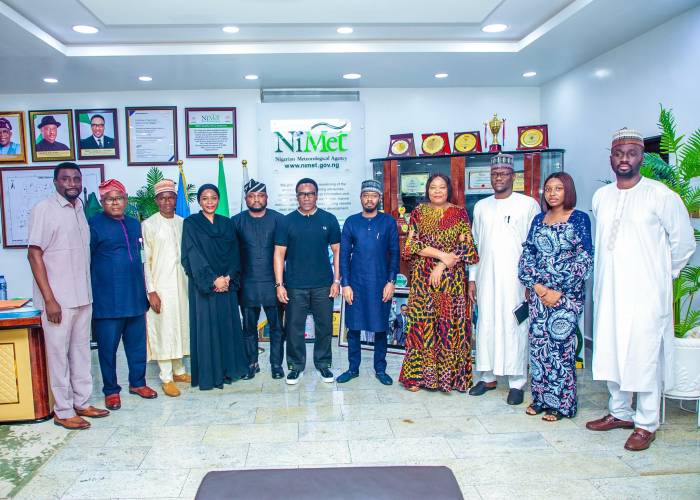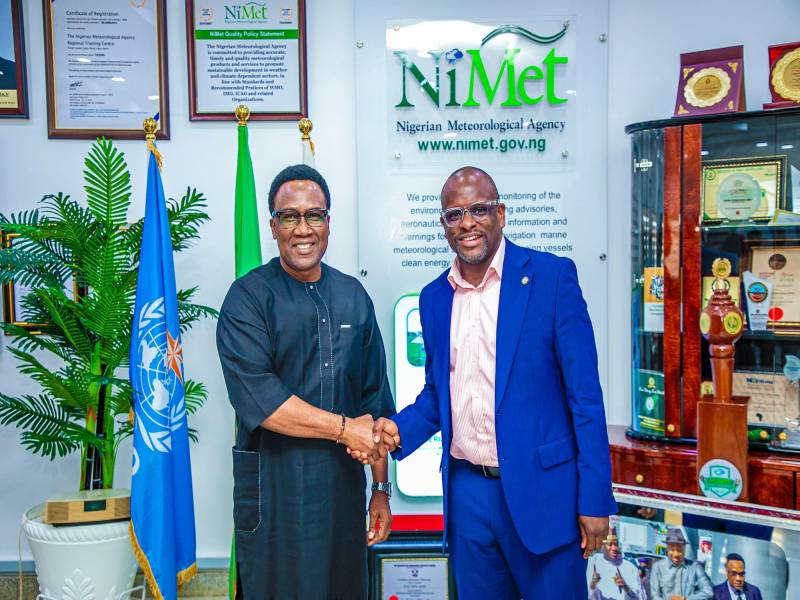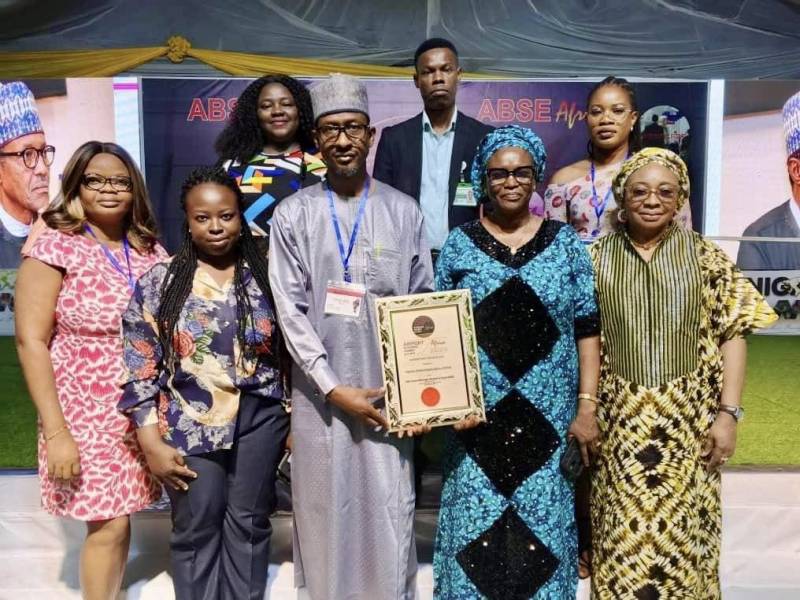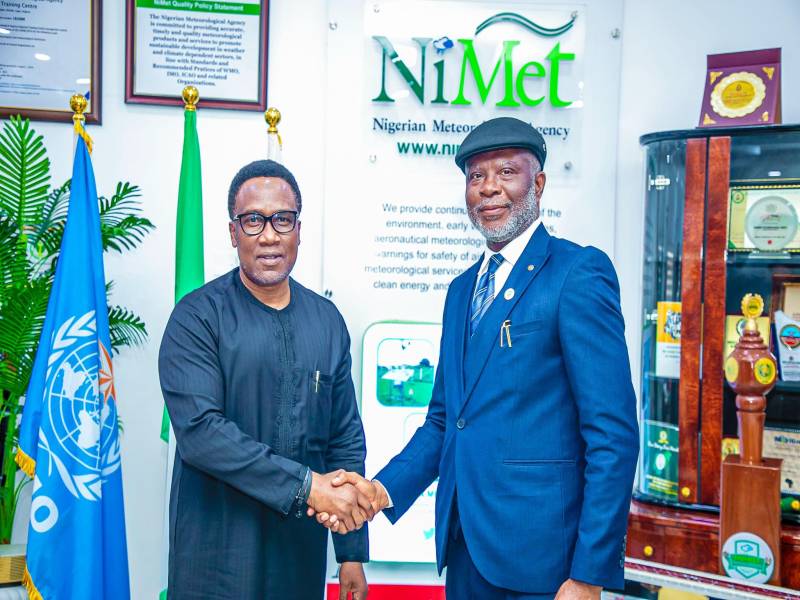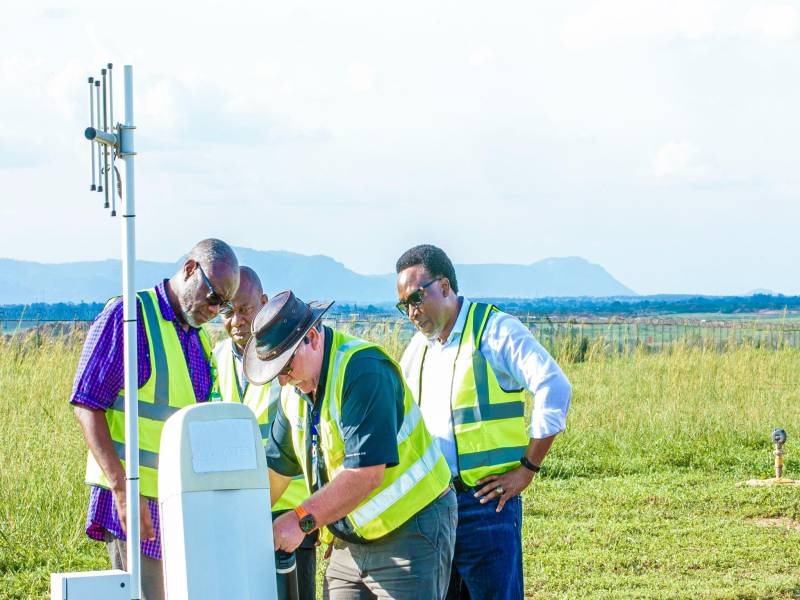The Nigerian Meteorological Agency (NiMet) has formalized a strategic partnership with the Special Agro-Industrial Processing Zones (SAPZ) Program to advance climate resilience and sustainable agriculture across key farming regions in Nigeria.
The partnership, formalized in Abuja, will initially be implemented across seven pilot states—Cross River, Imo, Kaduna, Kano, Ogun, Oyo, and the Federal Capital Territory (FCT)—with a roadmap to scale nationally. The initiative targets smallholder farmers and agro-processors, equipping them with real-time weather forecasts, seasonal climate predictions, and tailored advisory services to improve decision-making and mitigate climate-related risks.
The SAPZ initiative, a five-year national agricultural transformation program co-financed by the African Development Bank (AfDB), International Fund for Agricultural Development (IFAD), and Islamic Development Bank (IsDB), aims to stimulate inclusive agro-industrialization, raise rural incomes, and reduce Nigeria’s dependence on food imports.
Professor Charles Anosike, NiMet’s Director-General/CEO, welcomed the partnership, emphasizing that meteorological services are critical to enhancing food security and reducing climate risks within Nigeria’s agricultural value chains. “We are proud to support SAPZ’s vision with timely, accurate, and accessible climate information. No farmer should be left behind in the climate-smart agriculture movement,” he said.
Dr. Kabir Yusuf, the National Program Coordinator for SAPZ, emphasized the critical role of climate-smart solutions in addressing the unpredictable weather patterns that pose a threat to agriculture. He stated, "This collaboration with the Nigerian Meteorological Agency (NiMet) will provide actionable climate data and advisory services to farmers and agro-processors, thereby enhancing productivity, minimizing losses, and fostering resilience."
Under the agreement, NiMet will provide seasonal rainfall forecasts, localized weather updates, training for extension workers, install mini weather stations, and develop innovative applications for real-time alerts. SAPZ will integrate NiMet’s climate data into its Agricultural Industrial Hubs and Transformation Centers, supporting training, equipment, and infrastructure deployment.
A joint technical committee will oversee implementation, monitor progress, and develop innovative solutions such as localized crop calendars and precision farming tools. The MoU is initially valid for five years, with plans to evolve into a long-term institutional framework supporting Nigeria’s national climate adaptation strategy.






